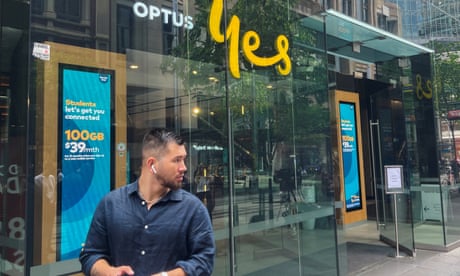The Consequence of Governments Selling Off Critical Infrastructure to Private Companies: A Look at the Optus Nationwide Outage.
Key Highlights :

The Optus nationwide outage that occurred on Wednesday morning has served as a stark reminder of the consequences of governments selling off critical infrastructure to private companies. The sudden and unexpected failure of the Optus network left many Australians in a state of confusion and chaos, with businesses unable to take payments, emergency services unable to contact each other, and schools unable to contact parents.
The Optus network was once a state-owned enterprise known as Aussat, providing satellite communication services for military and civilian purposes. In 1991, the Australian government decided to privatize the network, coupling it with a telecommunications license and selling it off in an effort to “provide competition” to the then state-owned Telstra.
The idea behind privatization was that handing essential services to commercial operators would improve their efficiency, but Wednesday’s outage has exposed the flaws in this theory. The outage left many small businesses unable to take payments, and some were forced to accept written IOUs from customers just to stay operational. Banking services were inaccessible, and those dependent on wifi connections for health monitoring were left vulnerable. Entire hospital networks lost their communications, and emergency services were compromised.
The Victorian train system was thrown into chaos, ride-share services went down, and work-from-homers couldn’t work from home. Even government departments were left uncontactable.
The government has wasted no time in announcing an inquiry into Optus’s unprecedented performance, and has activated a protocol to allow triple-0 phone calls to “camp” on rival telecommunications networks. But what the government may feasibly be able to do about its post-privatisation problem children is limited while they remain commercial operations beyond public control.
The Optus network is now a wholly owned subsidiary of Singaporean telco Singtel, and the government’s hands are tied. This incident is a reminder of why the state used to own and operate essential services, as maintaining the system integrity of critical infrastructure depends on making governments accountable for their management.
The Optus nationwide outage has highlighted the consequences of governments selling off critical infrastructure to private companies, and the need for governments to remain accountable for the management of these essential services. It is a reminder that, while privatization may seem like a good idea at first, it is not always the best solution for ensuring the reliability and integrity of our critical infrastructure.
